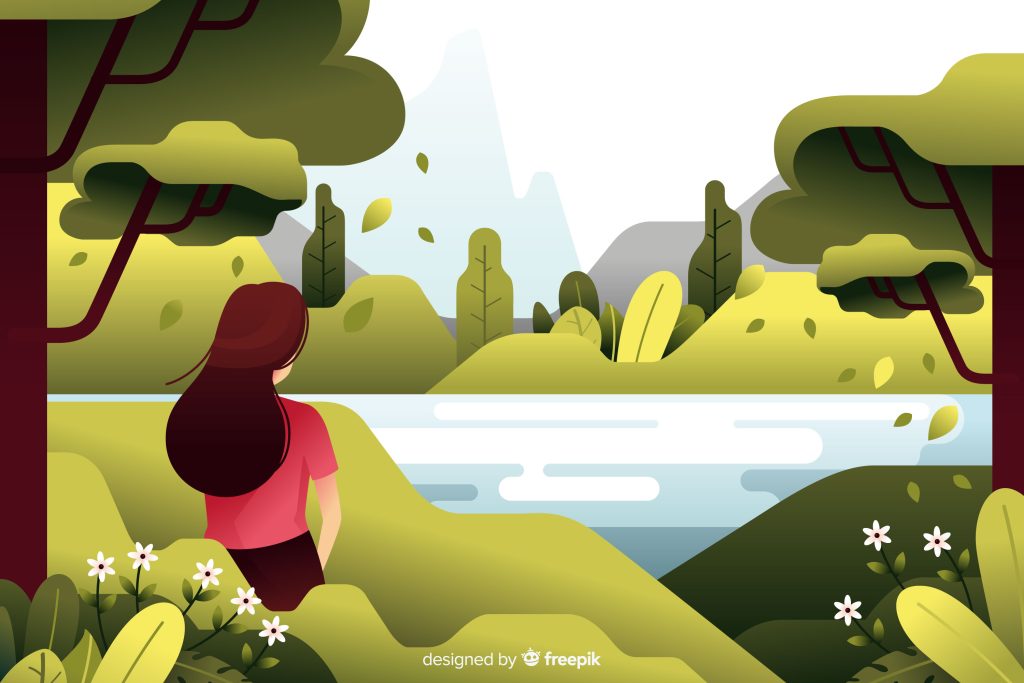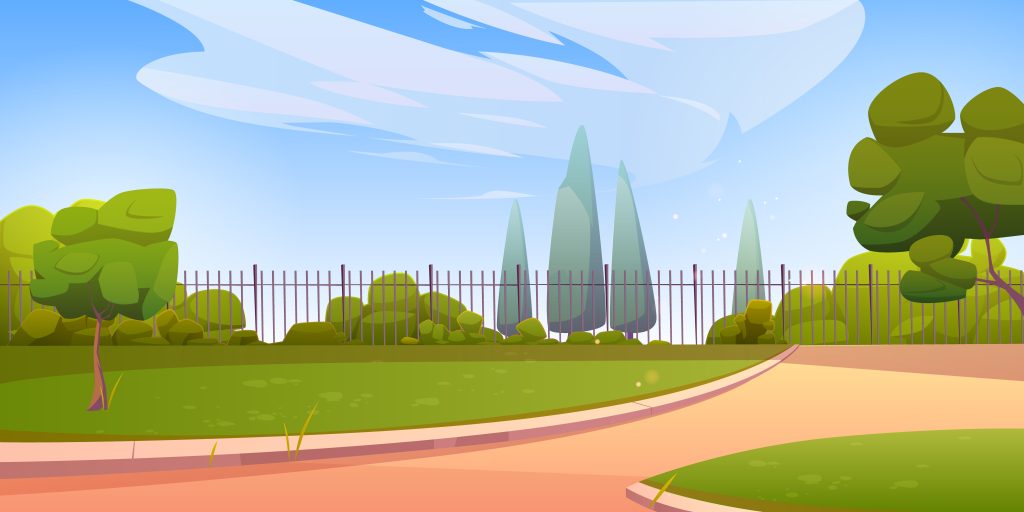Every year during the month of May, the United States celebrates Mental Health Awareness Month. The purpose of this is to raise awareness and educate the public about diverse topics that fall under the big umbrella that is mental health. Regarding this issue, you’ll learn about one specific situation that can be detrimental to mental health: the lack of experiences related to nature and natural environments. Also, some actions that we all can take to connect with nature and green spaces in order to maintain a good mental health.
The dilemma
In an increasingly urbanized world, our access to nature is dwindling just as the human contact with nature due to the pandemic that kept us inside of our homes for so long; and for those reasons alone we can say that we have the perfect combo for a lack of nature in our lives, which is detrimental to mental health.
The research
The research made by psychologists and ecologists throw evidence about the positive effects that nature can have in us. It includes studies on specific psychological conditions such as depression, anxiety and mood disorder. Access to nature has also been found to improve sleep, happiness, reduce stress and negative emotions, promote positive social interactions and even help generate a sense of meaning to life. Being in green environments can boost different aspects of thinking, including attention, memory and creativity.
The way we experience nature has to do with individuals’ perceptions and/or interactions with stimuli from the natural world (from potted plants and private gardens to more expansive public green spaces and wilderness, weather, even the sunlight). Some examples of how we can develop our connectedness with nature are: activities where the senses are involved can help us develop our connection with it, as well as activities where we feel emotions such as compassion, or where we find beauty and meaning in it.
Disadvantage barriers
While nature can be found practically “anywhere” (a bird, a tree, the sky, a plant), high-quality natural spaces -which we know are most likely to help support good mental health- are not available equally to everyone. Some things to take into account are:
- People living in urban areas with no access to gardens, trees in the street, bushes, flowers, etc.
- People living with a disability or health condition often face specific barriers when natural spaces are not equipped with inclusion in mind or a lack of accessible routes for them.
- For some groups (i.e women, minorities) green spaces may feel unsafe due to factors such as discrimination, sexual harassment and others.
These are very important elements to keep in mind when taking action to be more involved in nature, because there are some disadvantages you may face. That’s why you have to remember: it is not your fault if you can’t access these basic things.
Accessing nature
It can be hard to know where to find nature. Many of us do not have a garden. And those of us who live in cities or towns may not live near a park or green space. You may be worried about the cost of plants, gardening equipment, or getting tired easily or have difficulty doing physical activities.
Here are some tips and suggestions for you to consider:
- Bring nature indoors. Buy flowers or potted plants for your home, collect natural materials and use them to decorate your space, grow plants on windowsills, listen to natural sounds, watch videos of nature.
- Look for nature wherever you are. Look out of your window and take notice, take pictures.
- Look for local green spaces. Your local council may have information about parks or natural reserves near you.
- Help the environment. Volunteer for a conservatory project, plant helpful seeds, build an animal habitat.
- Connect with animals. Watch out for wildlife (squirrels, fish, insects, etc.), hang a bird feeder outside a window and start birdwatching, try pet-sitting or dog walking.
For a profound and extensive guide on this topic, we recommend you read this study from Mental Health Foundation about Mental Health Awareness Week 2021: Read more
Category: Health, Lyfestyle, Mental Health, Physical Health
Tags: gardens, green spaces, mental health, mental health awareness month, natural environments, nature, plants, trees



